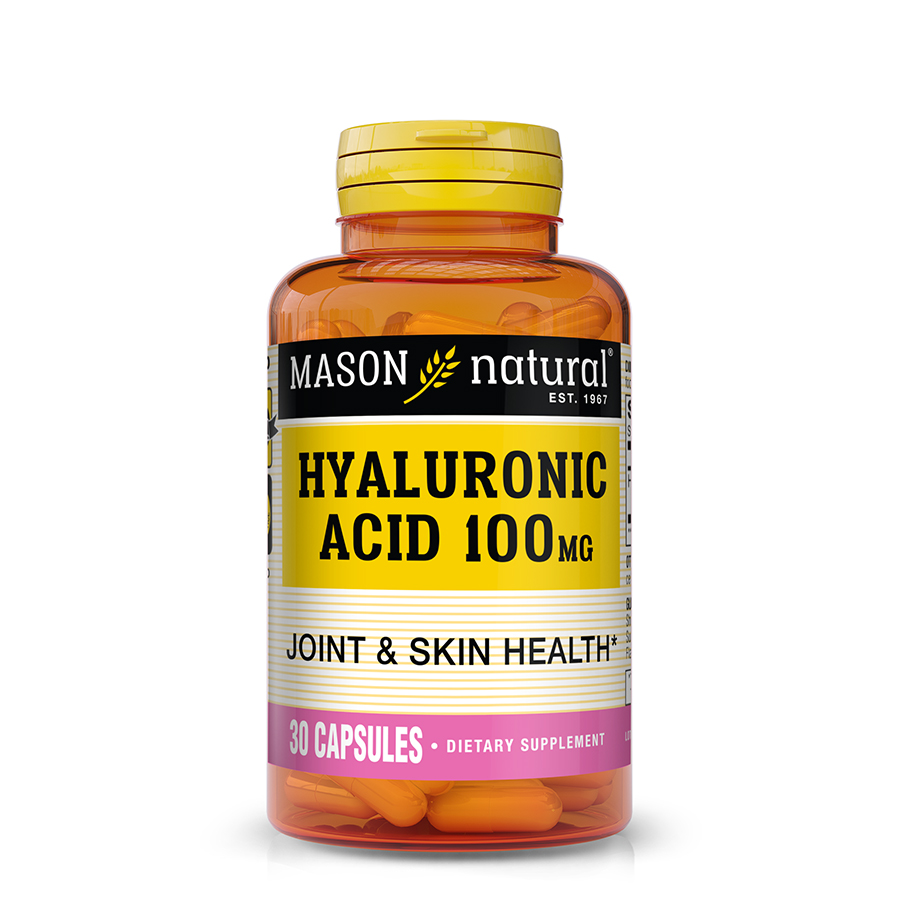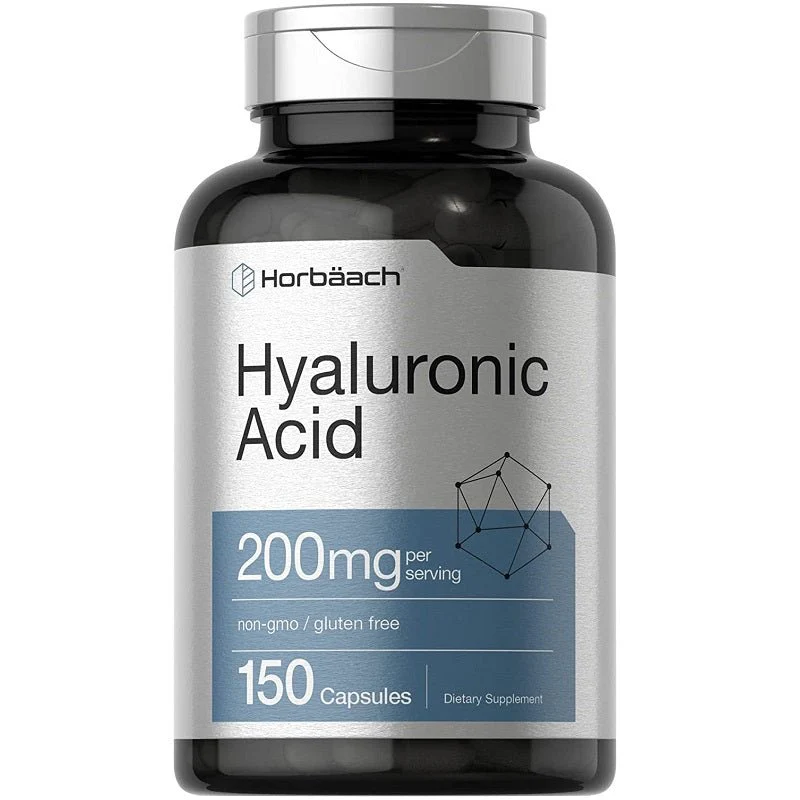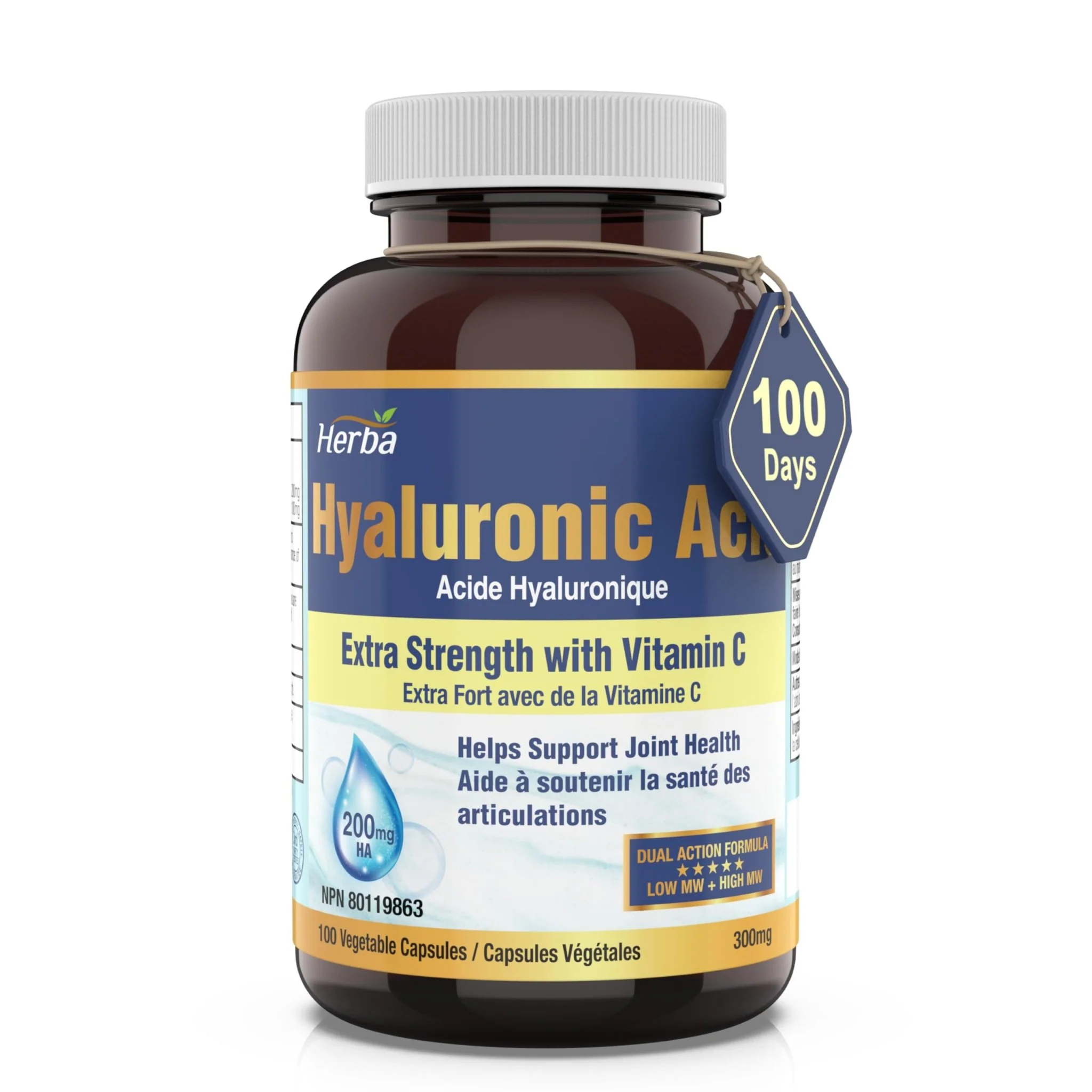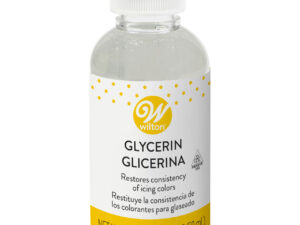Description
Hyaluronic Acid: The Hydration Hero Your Skin (and Joints) Will Thank You For
Hyaluronic acid (HA) has become a household name in the skincare world, but its benefits extend far beyond just a dewy complexion. This naturally occurring substance is a powerhouse of moisture, playing a crucial role in maintaining the health and appearance of your skin, joints, and even eyes. Let’s delve into the science and uncover why HA is so highly regarded.
What is Hyaluronic Acid?
Hyaluronic acid is a glycosaminoglycan, a fancy term for a sugar molecule that binds to water. Think of it like a sponge, capable of holding up to 1,000 times its weight in water. This remarkable ability to retain moisture is what makes HA such a valuable component in our bodies.
Benefits for the Skin:
- Intense Hydration: This is HA’s claim to fame. By attracting and holding water in the skin, it plumps up fine lines and wrinkles, leaving your complexion looking smoother, more supple, and radiant.
- Improved Elasticity: Hydration and elasticity go hand in hand. Well-hydrated skin is more resilient and less prone to sagging, helping to maintain a youthful appearance.
- Wound Healing: HA plays a vital role in the skin’s natural healing process. It helps to regulate inflammation, promote tissue repair, and accelerate wound closure.
- Soothing and Protecting: Its hydrating properties can soothe irritated skin and create a protective barrier against environmental aggressors like pollution and UV radiation.
Beyond the Surface: Benefits for Joints and Eyes:
While often associated with skincare, HA’s reach extends beyond the epidermis.
- Joint Lubrication: HA is a major component of synovial fluid, the fluid that lubricates our joints. It helps to reduce friction, cushion impact, and enable smooth movement. In cases of osteoarthritis, HA injections are sometimes used to replenish the fluid and alleviate pain.
- Eye Health: HA is naturally present in the vitreous humor of the eye, contributing to its structure and function. It’s also used in eye drops to relieve dry eye symptoms by lubricating and hydrating the ocular surface.
How to Incorporate Hyaluronic Acid into Your Routine:
HA is readily available in a variety of forms:
- Skincare Products: Serums, moisturizers, and cleansers often contain HA to provide hydration. Look for products that combine HA with other beneficial ingredients like vitamin C or antioxidants for enhanced results.
- Supplements: Oral HA supplements are available, although more research is needed to fully understand their efficacy for skin and joint health.
- Injections: HA injections are used for both cosmetic purposes (dermal fillers) and medical treatments (joint pain relief). These should always be administered by a qualified professional.
- Food Sources: While not a direct source of HA, consuming bone broth can provide the building blocks needed for your body to produce it.
Things to Consider:
- Molecular Weight: The size of the HA molecule matters. Smaller molecules can penetrate the skin more easily, while larger molecules sit on the surface and provide a barrier.
- Ingredient Combinations: HA works well with other hydrating and nourishing ingredients like glycerin, ceramides, and amino acids.
- Potential Side Effects: HA is generally considered safe for topical and oral use. However, some people may experience mild irritation or allergic reactions. Always patch test new products before applying them to your entire face.
In conclusion, Hyaluronic acid is a versatile and powerful ingredient that offers a multitude of benefits for skin, joint, and eye health. Whether you’re looking for a hydration boost or seeking relief from joint pain, HA is a worthy addition to your health and wellness routine.













Reviews
There are no reviews yet.